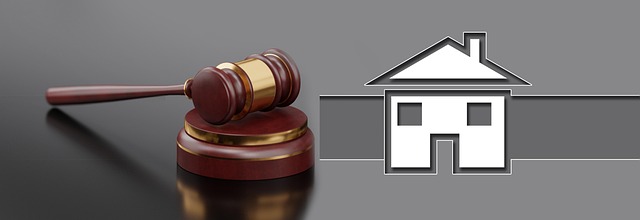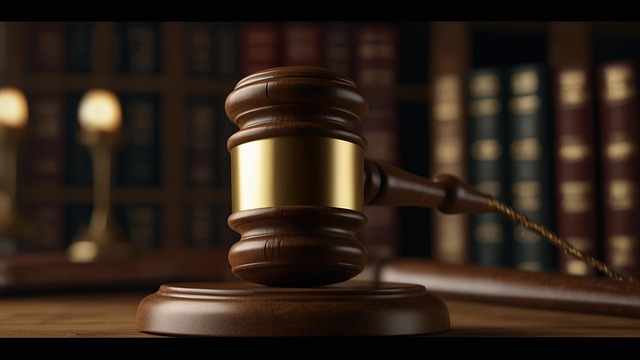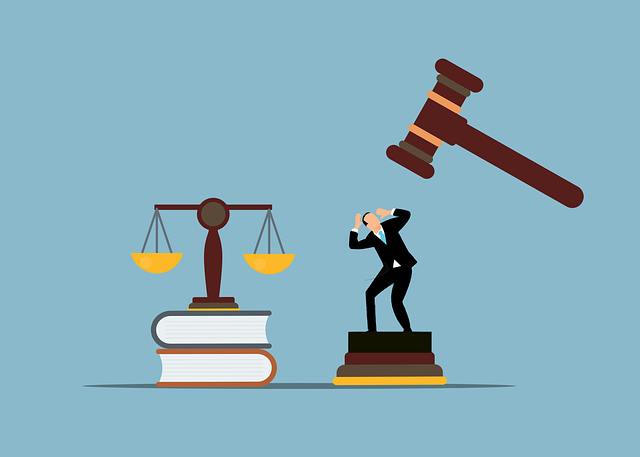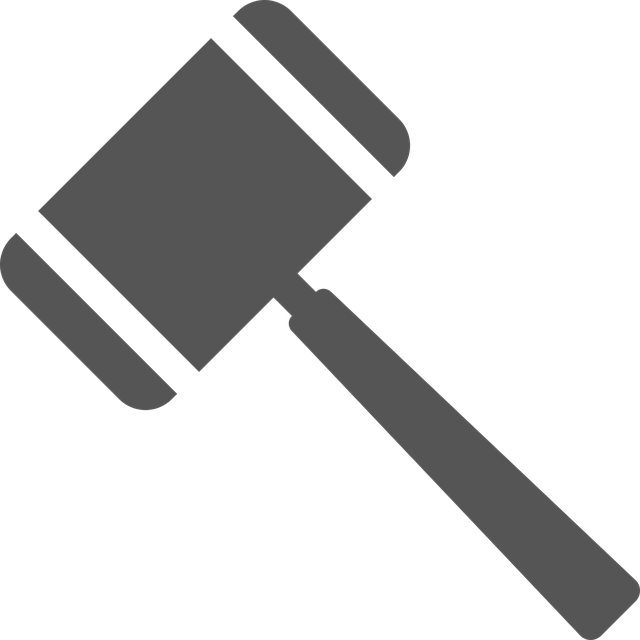Consumer protection laws safeguard individuals from unfair business practices and ensure marketplace equity, covering product safety, advertising, billing, and data privacy. In personal injury cases, calculating damages is crucial to assess economic and non-economic losses for fair compensation. A law firm's expertise in damage calculations, demonstrated by a strong track record, benefits clients. Establishing clear consumer rights violations and precise damage assessments are vital for successful lawsuits. Punitive damages deter malicious conduct, while expert witnesses ensure fair compensation based on actual losses.
Consumer protection suits are vital tools for safeguarding individuals from unfair business practices. This article delves into the intricacies of these legal battles, focusing on understanding consumer protection laws and the key elements required for a successful suit. We explore methods of measuring damages, including economic and non-economic losses, and discuss the application of punitive damages. Expert witnesses play a crucial role in calculating these damages in personal injury cases. By examining these aspects, consumers can better navigate their rights and seek appropriate redress.
- Understanding Consumer Protection Laws
- Elements of a Successful Suit
- Measuring Economic and Non-Economic Losses
- Punitive Damages: When They Apply
- The Role of Expert Witnesses in Calculation
Understanding Consumer Protection Laws

Consumer protection laws are designed to safeguard individuals from unfair business practices and ensure a level playing field in the marketplace. These laws cover a wide range of issues, including product safety, advertising claims, billing practices, and data privacy. Understanding these regulations is crucial for both consumers and businesses alike. Consumers can wield their knowledge to make informed decisions and seek redress when rights are violated, while businesses must adhere to the rules to avoid legal repercussions and maintain trust.
When it comes to personal injury cases, calculating damages is a critical aspect of consumer protection suits. This process involves assessing the extent of harm suffered by the consumer, which may include both economic and non-economic losses. In terms of calculating damages, the focus shifts from simply recovering costs to ensuring that the victim is compensated fairly for their pain, suffering, and loss of quality of life. An unprecedented track record of successful cases can demonstrate a law firm’s expertise in navigating these complex calculations, especially when representing corporate and individual clients.
Elements of a Successful Suit

A successful consumer protection suit relies on several key elements. Firstly, establishing a clear violation of consumer rights is paramount. This involves demonstrating that a business or individual has engaged in misleading practices, false advertising, or unfair trade tactics. Secondly, proving damages is crucial, especially when calculating financial losses incurred by affected consumers. In personal injury cases, this might include medical expenses, lost wages, and pain and suffering.
For high-stakes cases involving white collar defense and corporate clients, the complexity increases. Here, determining damages can be intricate, requiring meticulous analysis of economic impacts and potential long-term effects on businesses and their individual owners. This includes examining revenue losses, reputational damage, and legal fees incurred during the dispute resolution process.
Measuring Economic and Non-Economic Losses

In consumer protection suits, assessing damages goes beyond mere monetary compensation for financial losses. Calculating damages in personal injury cases involves a multifaceted approach to address both economic and non-economic impacts. Economic losses refer to tangible expenses such as medical bills, lost wages, and property damage, which can be relatively easy to quantify. Non-economic losses, on the other hand, encompass intangibles like pain and suffering, emotional distress, and loss of quality of life—measuring these can be more complex.
Jurors in jury trials play a crucial role in determining damages by considering evidence presented during the trial. This may include medical reports, expert testimony, and witness statements. The goal is to achieve extraordinary results that reflect the true extent of the harm suffered by the plaintiff, taking into account not just financial costs but also the profound impact on their philanthropic and political communities, if applicable.
Punitive Damages: When They Apply

Punitive damages, often a hotly debated topic in consumer protection suits, serve as a deterrent for businesses engaging in malicious or reckless conduct. These damages are not meant to compensate victims directly but rather to punish the defendant and set an example across the country. Unlike compensatory damages that focus on calculating losses based on actual harm, punitive damages are determined by considering the defendant’s actions’ severity and their impact on society.
In personal injury cases involving consumer protection violations, courts may award punitive damages if it’s found that the business acted with malice, fraud, or willful disregard for the rights of consumers. This can include scenarios where businesses knowingly sell defective products, engage in deceptive marketing practices, or violate consumer privacy rights. The goal is not to enrich victims but to ensure that such misconduct does not go unpunished, potentially leading to a complete dismissal of all charges and avoiding indictment for the responsible parties.
The Role of Expert Witnesses in Calculation

Expert witnesses play a pivotal role in consumer protection suits, particularly when calculating damages in personal injury cases. These professionals bring specialized knowledge to bear on complex issues, ensuring that compensation aligns with actual losses incurred by corporate and individual clients alike. Their detailed analyses can distinguish between direct and indirect harms, enabling fair judgments that range from monetary settlements to complete dismissal of all charges, ultimately advocating for their clients’ best interests.
In the process of calculating damages, expert witnesses consider various factors such as medical bills, lost wages, pain and suffering, and diminished quality of life. Their expertise aids in presenting a compelling case, enhancing the likelihood of a favorable outcome for plaintiffs. This is especially crucial in consumer protection cases where intricate financial transactions or product defects may lead to significant personal injuries, underscoring the importance of accurate calculations that reflect the full extent of harm suffered by affected individuals.
Understanding consumer protection laws is paramount for safeguarding individual rights, especially in personal injury cases involving calculating damages. By comprehending the elements of a successful suit and the assessment of economic and non-economic losses, individuals can navigate legal complexities effectively. Expert witnesses play a crucial role in determining punitive damages when applicable, ensuring just compensation. This knowledge empowers consumers to pursue justice and receive fair remuneration for their suffering, fostering a safer and more accountable marketplace. When it comes to consumer protection suits, understanding these key aspects is essential for achieving positive outcomes.






